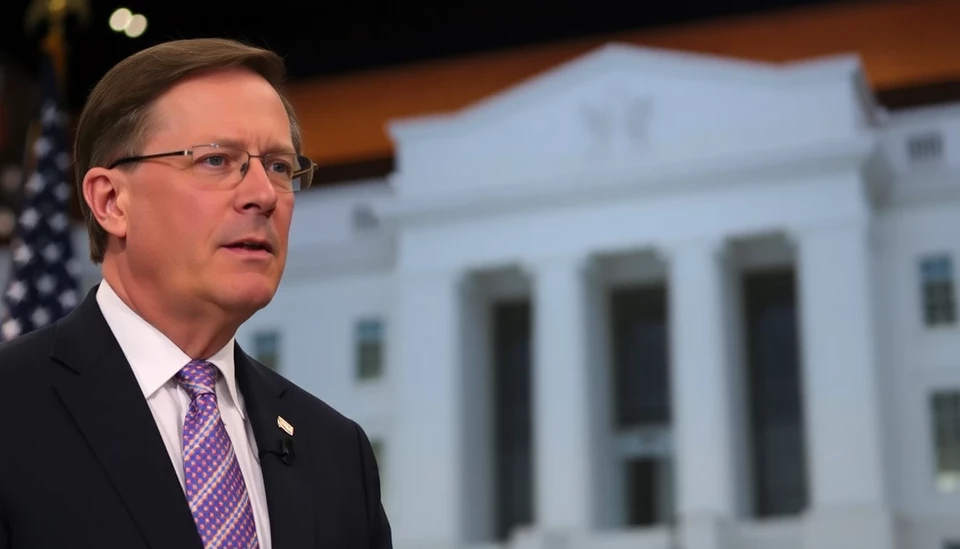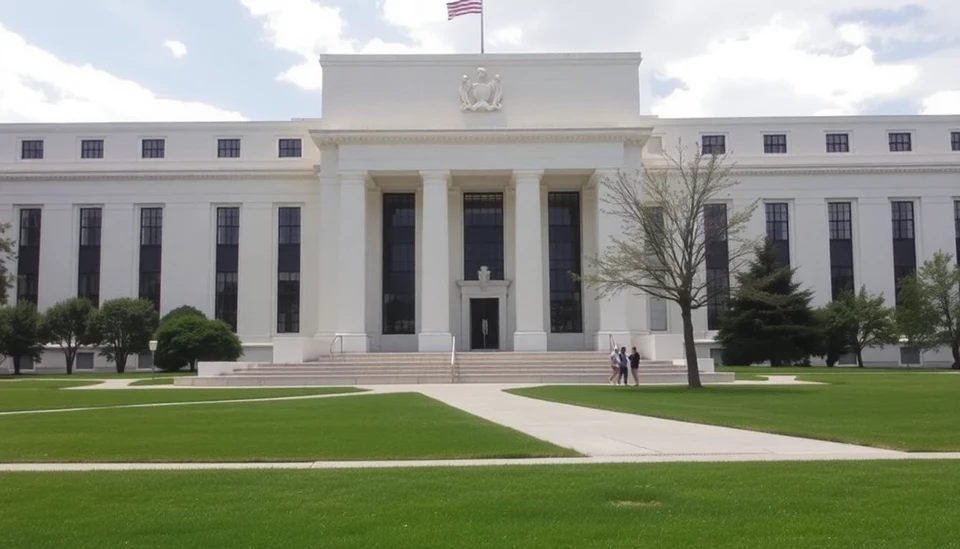
In a surprising turn of events for the American economy, consumer confidence has dropped significantly, raising alarms about the future stability of economic growth. According to recent data released by the Conference Board, consumer sentiment fell to a seasonally adjusted index number of 107.1 in December, down from 109 in November. Analysts had anticipated an increase for the month, making this decline particularly notable.
The dip in consumer confidence is largely attributed to growing concerns regarding the economic outlook, which appears to be dimming as consumers face inflationary pressures and uncertainties in the labor market. The survey indicated that respondents expressed an increasing level of anxiety about both the job market and inflation rates, reflecting broader economic challenges that could impact spending and saving behaviors in the near term.
Specifically, the percentage of consumers who expect business conditions to improve over the next six months dropped from 21% to 19%, while those who anticipate a worsening situation rose from 14% to 16%. This shift signals a growing pessimism that could lead to reduced consumer spending, a crucial driver of the U.S. economy.
Furthermore, the outlook for the labor market has also dampened. The number of respondents indicating they are likely to find suitable jobs decreased, highlighting a potential shift in the job market that could impact income stability and consumer spending power. The expectation for income remains mixed, with only a modest number of consumers predicting income increases in the year ahead.
Economists warn that if this trend continues, it could spell trouble for economic growth going into 2024. The consumer confidence index is often seen as a leading indicator of economic activity, and downward trends can serve as precursors to reduced spending, which has a domino effect on the wider economy. Given that consumers drive about 70% of all economic activity in the U.S., shifts in confidence levels warrant close monitoring.
Market analysts are keeping a close watch on these developments, factoring them into forecasts for growth in 2024. The uncertainty surrounding interest rates, inflation, and geopolitical tensions are further complicating the economic landscape. As the Federal Reserve prepares for its next meeting, implications from this consumer confidence drop are likely to be a central point of discussion.
In conclusion, this decline in consumer confidence serves as a critical reminder of the economic vulnerabilities faced by American households amid fluctuating market conditions. Stakeholders from government officials to business leaders will need to assess how these sentiments may influence decisions and strategies in the coming months.
#ConsumerConfidence #Economy #USNews #Inflation #JobMarket #EconomicOutlook #FederalReserve
Author: Laura Mitchell




